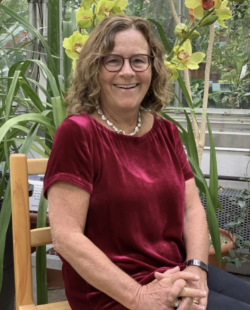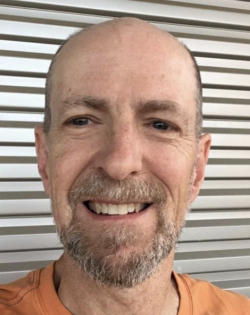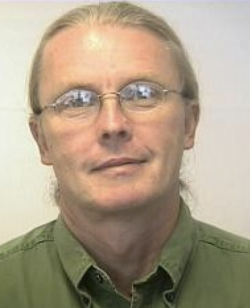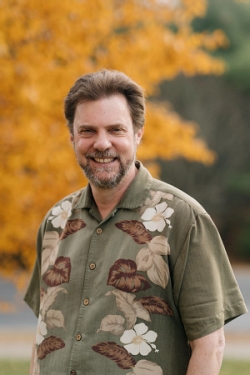Magdalena Bezanilla, Ph.D.
Magdalena Bezanilla.jpg
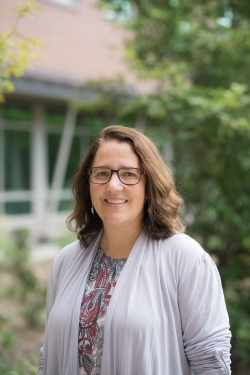
Ernest Everett Just 1907 Professor of Biological Sciences
Office: LSC 231
Phone: 603-646-2314
My research aims to understand how molecules within cells impart geometric information ultimately leading to cell shape determination. Research in my lab seeks to identify molecules within the cell that control cellular patterning. We are particularly interested in the role of regulators of the cytoskeleton and membrane trafficking and have pioneered the use of the moss Physcomitrella patens. Using the unusually rapid transgenic capabilities of moss, we are pursuing novel approaches to dissect the molecular mechanisms underlying plant cell shape.
